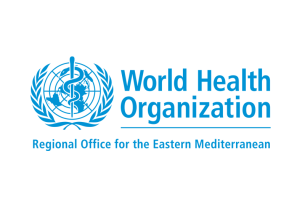Eli Lilly’s tirzepatide, marketed as Mounjaro for diabetes and Zepbound for obesity, has overtaken Merck’s cancer therapy Keytruda to become the world’s best-selling medicine, reflecting surging global demand for GLP-1-based weight loss treatments.
Record-Breaking Sales
Eli Lilly reported third-quarter 2025 sales of $10.1 billion for tirzepatide, surpassing the $8.1 billion in sales posted by Merck’s immunotherapy drug Keytruda. This milestone marks the first time a diabetes and obesity treatment has claimed the top spot globally, underscoring the transformative impact of GLP-1 receptor agonists on the pharmaceutical market.
Market Demand for GLP-1 Therapies
Tirzepatide’s rapid ascent highlights the extraordinary demand for weight loss and metabolic treatments, a market that has expanded dramatically in recent years. The drug, which mimics gut hormones to regulate blood sugar and suppress appetite, has been widely adopted by patients with type 2 diabetes and those seeking medical interventions for obesity.
Industry analysts note that the success of tirzepatide reflects a paradigm shift in healthcare, where obesity is increasingly treated as a chronic condition requiring pharmaceutical management rather than lifestyle interventions alone.
Impact on Eli Lilly’s Outlook
Following the strong quarterly performance, Eli Lilly raised its full-year sales and earnings guidance, projecting continued momentum into 2026. The company has also expanded production capacity to address supply shortages, which have been a recurring challenge given the unprecedented demand.
Chief Executive David Ricks described tirzepatide’s performance as a “watershed moment” for the company, positioning Eli Lilly as a global leader in both diabetes and obesity care.
Competitive Landscape
The rise of tirzepatide intensifies competition with Novo Nordisk, whose GLP-1 drugs Ozempic and Wegovy have also seen explosive growth. Analysts expect the rivalry between the two pharmaceutical giants to dominate the obesity and diabetes treatment market for the foreseeable future, with both companies investing heavily in next-generation formulations and expanded indications.
Broader Implications
The success of tirzepatide has implications beyond Eli Lilly’s balance sheet. Health systems worldwide are grappling with how to fund and distribute costly weight loss drugs at scale, while insurers weigh the long-term benefits of reduced obesity-related complications against the immediate expense of widespread coverage.
Key Figures:
- Tirzepatide Q3 2025 sales: $10.1 billion
- Keytruda Q3 2025 sales: $8.1 billion
- Eli Lilly’s revised outlook: Raised full-year sales and earnings guidance
Eli-Lilly-and-Company-Hq-Picture



